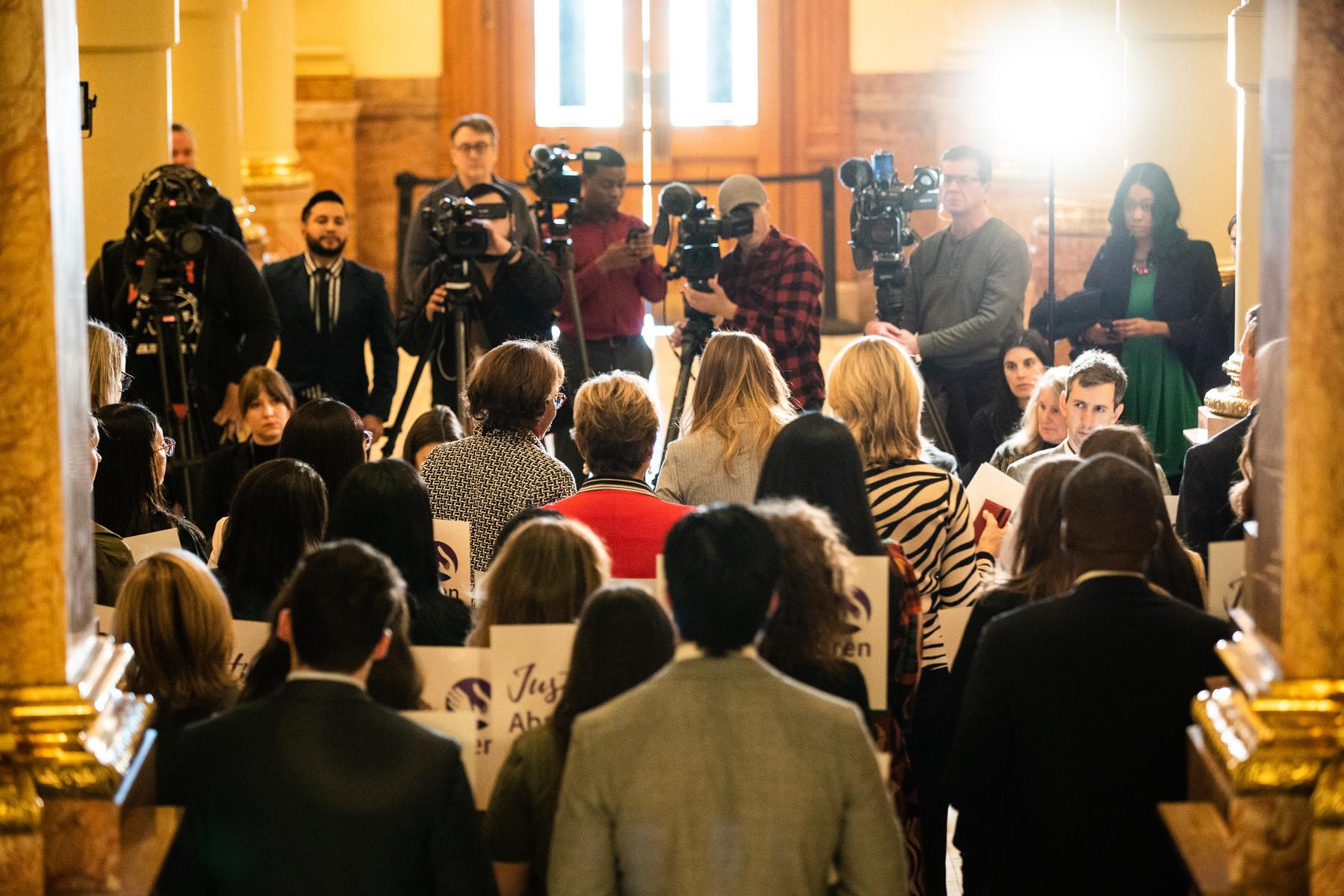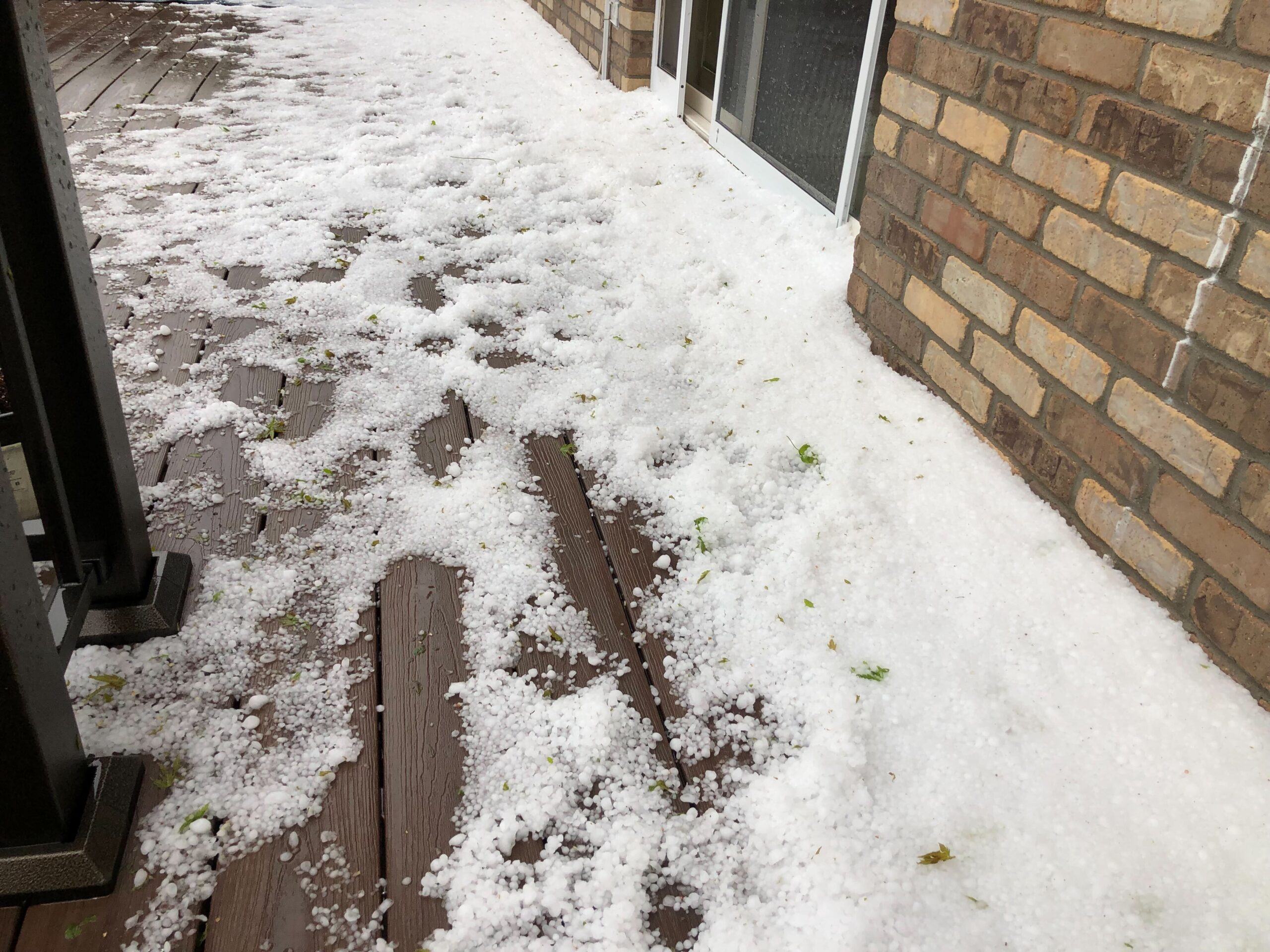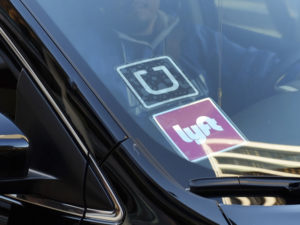
Almost three years since Colorado’s first recreational marijuana sales there is still no legal public place to use it. It’s especially a problem for tourists, who obviously don’t have a residence here. Since 2015, the Denver Police Department reports having handed out more than 1,000 public consumption tickets.
“We can possess and purchase cannabis, we need to be allowed places to consume it in responsible, supervised environments,” says Kayvan Khalatbari, during a campaign fundraiser at rooftop bar in Downtown Denver.
The fundraiser is for Initiated Ordinance 300, a city and county level item on the ballot that would open just about any business in Denver to marijuana consumption.
Bars? Restaurants?
Sure. But Khalatbari, the campaign’s leader says think bigger.
Yoga studios and laundromats could get in on this.
“We’ll probably help create a new culture here in Denver and in Colorado,” Khalatbari says. “By making it more acceptable and getting over these stigmas that we’re talking about that are currently getting in the way of a lot of progress that’s inevitable.”
Before any of that could happen the initiative says a business would need to apply for a license from the city and would need the approval of at least one registered neighborhood organization. It also can’t be within 1,000 feet of “anywhere children congregate.” Additionally, the business must conform to the Clean Indoor Air Act, meaning someone couldn’t just light up a joint inside, but people 21 and over could vape and consume edibles indoors.
Still, that doesn’t appease critics like Rachel O’Bryan of Smart Colorado and the 300 opposition group, Protect Denver's Atmosphere. They are is against expanding the pot industry, calling it a “radical proposal.”
Sitting in a downtown Denver park, someone nearby is smoking marijuana. As the smell wafts by, she cracks a frustrated smile. Ostensibly, this is the kind of behavior that Denver’s ballot measure aims to prevent.
“But how will it be different if I’m walking down Colfax and a patio has marijuana being consumed on the other side of the fence, or if I’m in Lodo, and if you’re one floor up from the street level, you’ve got rooftop smoking, it’s the same thing,” O’Bryan says. “In fact, it will just be everywhere instead of limited to the 16th Street Mall or a central Denver park.”
That’s an open question, since no one is sure how widespread this would be.
A key element of the measure is that a registered neighborhood organization must sign off. That would be a significant shift in authority from the city to these private organizations. Although she’s not taking an official position on 300, that shift gives city councilwoman Robin Kniech pause.
“We as a city have many health and safety considerations that we like to look at and I think that this one feels very broad and that concerns me,” Kniech says.
Currently, there is only one licensed pot club in the whole state, a strictly members only establishment found in the town of Nederland, outside of Boulder. Denver’s measure is completely different than a member’s club, which attorney Jeff Gards says could be an issue.
Gard, who helped set up the Nederland club, is “very supportive” of Initiated Ordinance 300, but he recognizes that this “particular model is more likely to see immediate push back than the private membership club model that didn’t make the ballot.”
A second marijuana social use initiative from Denver NORML, a competing pro-pot group, failed to get enough signatures to qualify for the ballot. Their proposal relied on private membership, rather than 300’s neighborhood-supported limited use within permitted businesses approach.
Kayvan Khalatbari says city leaders could have designed something as restrictive as they liked. But they delayed so long that pot proponents decided to go right to the voters themselves.
“We have a right to be here,” says Khalatbari. “We’re not going away, and we’re a pretty damn wide cross-section of society. We deserve that same respect, but we have to earn it, 80 years of prohibition of a drug isn’t going to turn around overnight.”
Editor's Note: This story was updated to correct the spelling of Rachel O'Bryan's name. The identification of her 300 opposition group, Protect Denver's Atmosphere, was also added.









